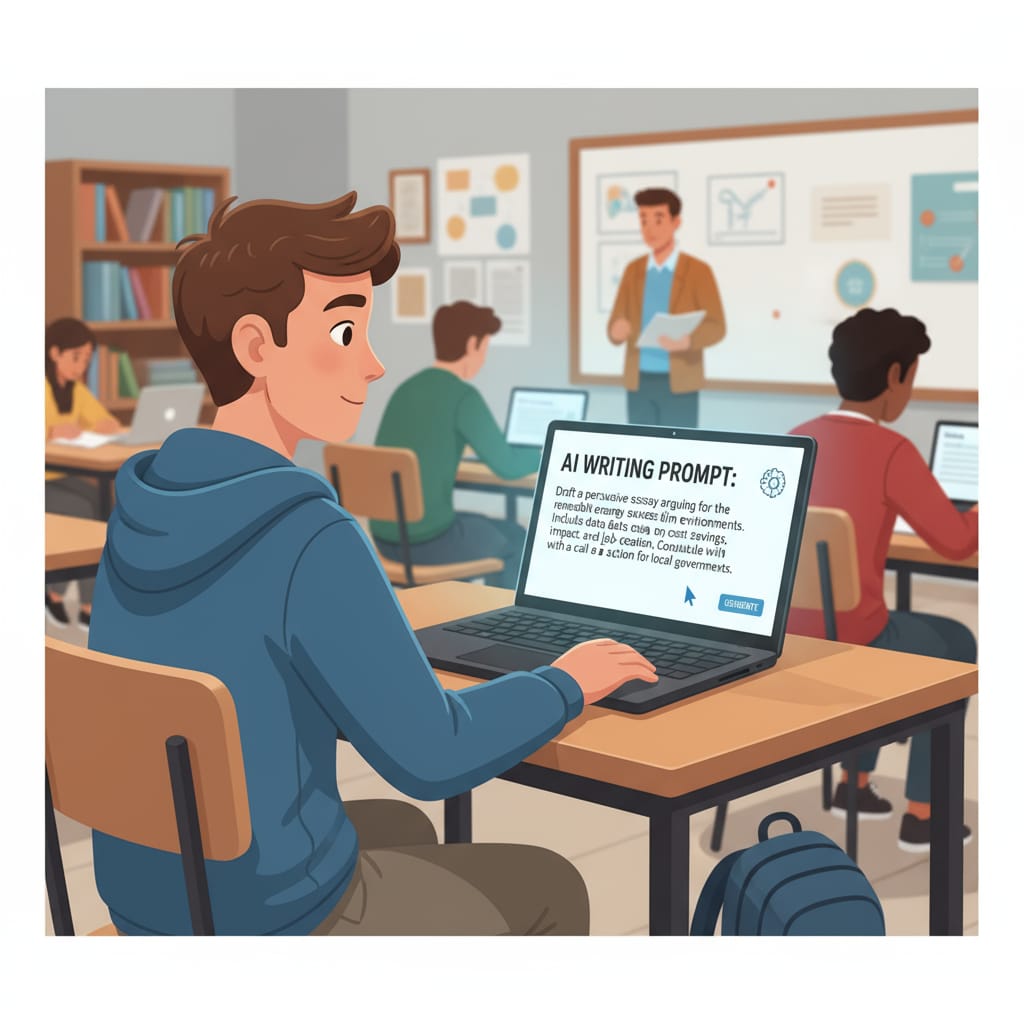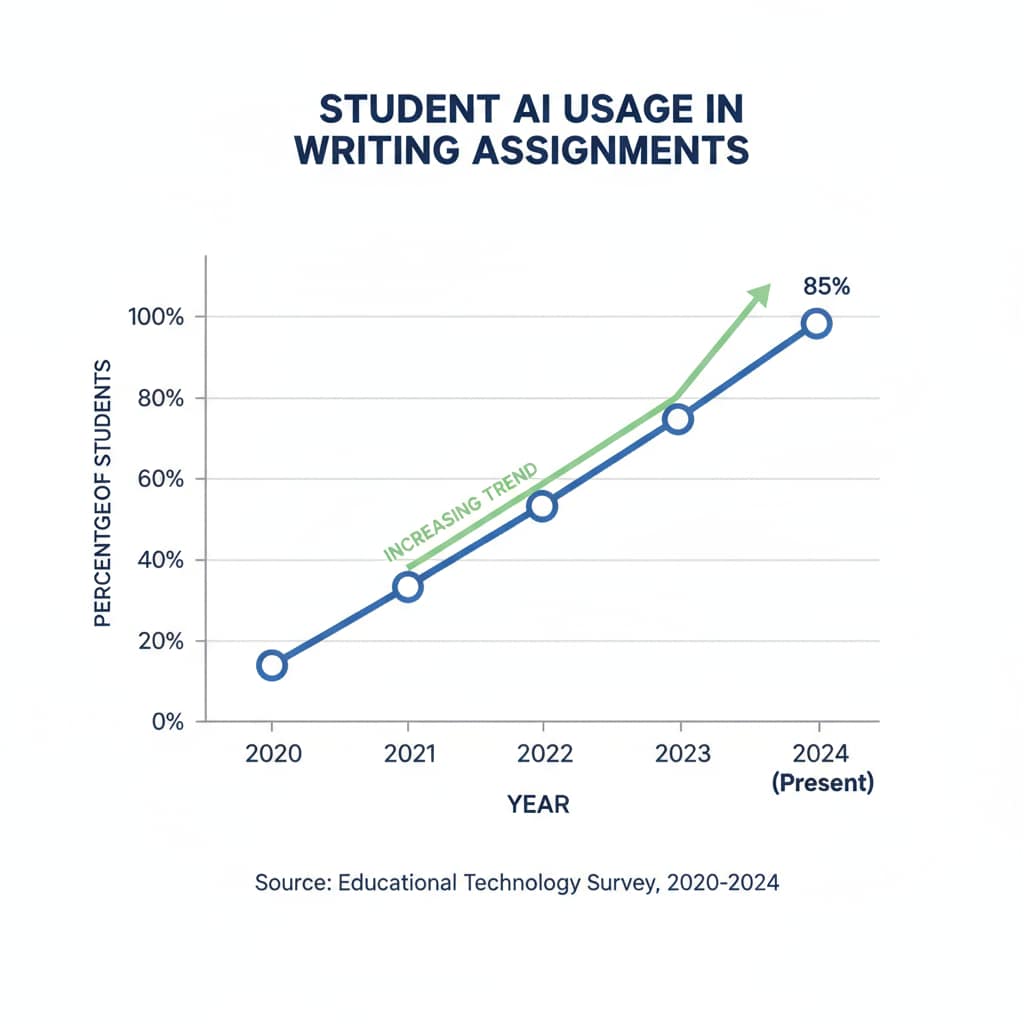In the digital age, the issues of writing education, student cheating, and AI-generated content have intertwined, presenting a significant challenge to the traditional educational landscape. The widespread use of AI in academic writing has raised alarms about the authenticity of students’ work and the integrity of the learning process.

As AI technology continues to evolve, it has become increasingly accessible to students, leading to a concerning rise in the use of AI to complete writing assignments.
The Rise of AI in Student Writing
The emergence of powerful AI writing tools has revolutionized the way students approach their writing tasks. These tools can generate well-structured essays, reports, and even creative pieces within minutes. For example, platforms like ChatGPT have made it possible for students to input a topic and receive a polished piece of writing in return. This ease of use has tempted many students to take shortcuts and use AI to complete their assignments instead of engaging in the laborious process of researching, thinking, and writing on their own. As a result, the line between genuine student work and AI-generated content has become increasingly blurred.

The Impact on Writing Education
Writing education is not just about producing grammatically correct and well-written pieces; it is about developing critical thinking, creativity, and communication skills. When students rely on AI to complete their writing assignments, they miss out on these essential learning experiences. By outsourcing the writing process to AI, students are not honing their ability to analyze information, form their own opinions, and express themselves effectively. This not only undermines the educational value of writing assignments but also hinders students’ long-term academic and professional development. Moreover, it becomes difficult for educators to accurately assess students’ learning progress and provide targeted feedback when the work submitted is not truly their own.
To address this issue, educators and institutions need to take proactive measures. This includes implementing strict anti-cheating policies that specifically target the use of AI in academic writing. In addition, educators can design writing assignments that require students to engage in in-depth research, critical thinking, and personal reflection, making it more difficult for AI to generate suitable responses. By emphasizing the process of writing rather than just the final product, educators can help students understand the true value of writing education and encourage them to develop their own writing skills.
Readability guidance: The key points here are the impact of AI on writing education and the necessary measures to be taken. We use short paragraphs to clearly present these ideas. The examples and explanations help to make the content more accessible, and transition words like ‘moreover’ and ‘in addition’ are used to connect different thoughts.


